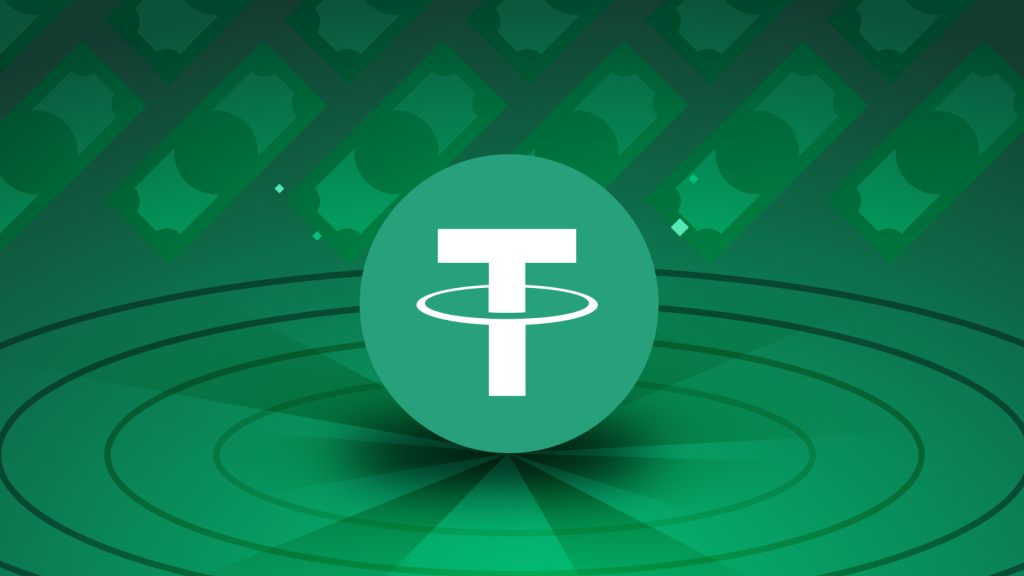According to Reuters, Venezuela is turning to Tether (USDT) as a way to bypass new sanctions imposed by the United States
Because there were no electoral changes, the U.S. Treasury Department last week gave PDVSA’s customers and providers until May 31 to finish the transactions under the license, following its decision not to extend the general license. The need to obtain individual U.S. authorizations to do business with Venezuela will complicate the country’s task of raising oil production and exports.
For over a year now, a digital currency, called USDT, that is tied to the US dollar and designed to maintain a stable value has been displacing PDVSA’s sales of oil. Last week, oil minister of Venezuela Pedro Tellechea told Reuters, “We have different currencies, according to what is stated in contracts, and in some contracts, digital currencies are preferred means of payment.”
The dollar rules the roost in the majority of oil market transactions globally. Even though they have started to appear in many countries, cryptocurrency payments are still not common. PDVSA was shaken last year by approximately $21 billion in unrecognized receivables for oil shipments that were partially associated with previous transactions done using other cryptocurrencies and which occurred in the past few years.
Following the scandal, Tellechea took control of Venezuela’s oil ministry, and the country’s oil shipments have risen. Driven by U.S. licenses that allowed sales, exports reached a four-year peak of nearly 900,000 barrels per day in March.
PDVSA Implements Digital Currency for Oil Deals, Requires USDT Payments
By the end of Q1 2024, a lot of PDVSA’s spot oil deals (excluding swaps) have been put into a contractual framework and up to 50% of the value of each shipment must be paid in advance in USDT.
Furthermore, new clients need to have cryptocurrencies in a digital wallet at PDVSA before they can take part in oil transactions. According to one of the sources, Venezuela has already started to enforce this obligation even in the contracts that do not contain the USDT clause.
“It doesn’t pass any traders’ compliance department because all the money intermediaries go through is tainted,” one trader insisted, pointing out that USDT transactions that PDVSA requires do not pass any trader’s compliance department.


